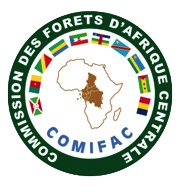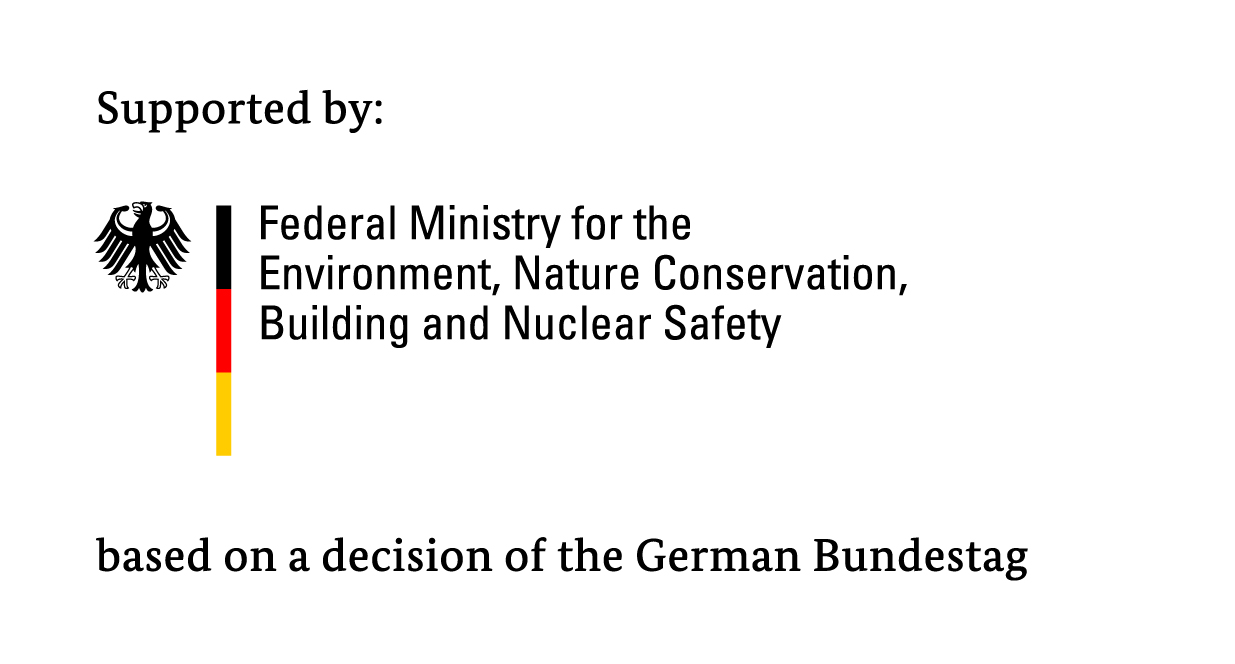
The Project
Goal: Identify REDD+ policies that are economically efficient and socially fair and can safeguard and enhance ecosystem values and help meet the goals of the Convention on Biological Diversity (CBD).
Background: Policies for achieving REDD+ goals (Reducing Emissions from Deforestation and Forest Degradation plus conservation of forest carbon stocks, sustainable management of forests and increase of forest carbon stocks) under the UNFCCC will have major impacts on land use. Land-use in turn affects economic returns and ecosystem services. Thus, understanding how different policies could influence land use and its effects is essential to support informed decision-making.
Methods: The REDD-PAC project is developping novel models, data and analysis that can show the multiple effects of land use policies. These models and tools help to identify ways of achieving a balance between the multiple goals of REDD+ for each specific regional case.
Global land-use model: A global land use model (GLOBIOM), developed by IIASA, is used to support high resolution REDD+ planning. GLOBIOM projects land use change by spatially modelling supply and demand for competing agricultural, bioenergy and forest commodities. The project uses GLOBIOM for analysis of different land use policies (including those addressing biodiversity priorities), with a focus on Brazil and the member countries of the Central African Forests Commission (the Congo Basin). Results of GLOBIOM are used to assess the economic and biodiversity impacts of different REDD+ policy options, and their potential contribution to achieving the CBD's Aichi Targets, economic growth or food security.
Regional partners: Regional partners lead in identifying and defining policy options for REDD+ and land use. The partners develop regional versions of GLOBIOM and will improve the models through comparison with land use data and results of other regional studies.
Global policy analysis forum: The project provides a global forum for sharing and improving global data on forests and deforestation drivers and developing best practices for national REDD+ and land-use planning. Novel data, tools and analysis are being provided in the project's website.
Related work with other countries: The project also supports work on multiple benefits from REDD+ with national partners in further six countries (China, Ecuador, Peru, the Philippines, Uganda and Vietnam). The work is tailored to the specific needs of each country.
This project is part of the International Climate Initiative. The Federal Ministry for the Environment, Nature Conservation, and Nuclear Safety supports this initiative on the basis of a decision adopted by the German Bundestag.
REDD-PAC is endorsed by the Global Land Project .

International Institute for Applied Systems Analysis

National Institute for Space Research - Brazil

Commission des forets d'Afrique Centrale/Central African Forests Commission

United Nations Environment Programme World Conservation Monitoring Centre

Instituto de Pesquisa Econômica Aplicada

Germany International Climate Initiative
